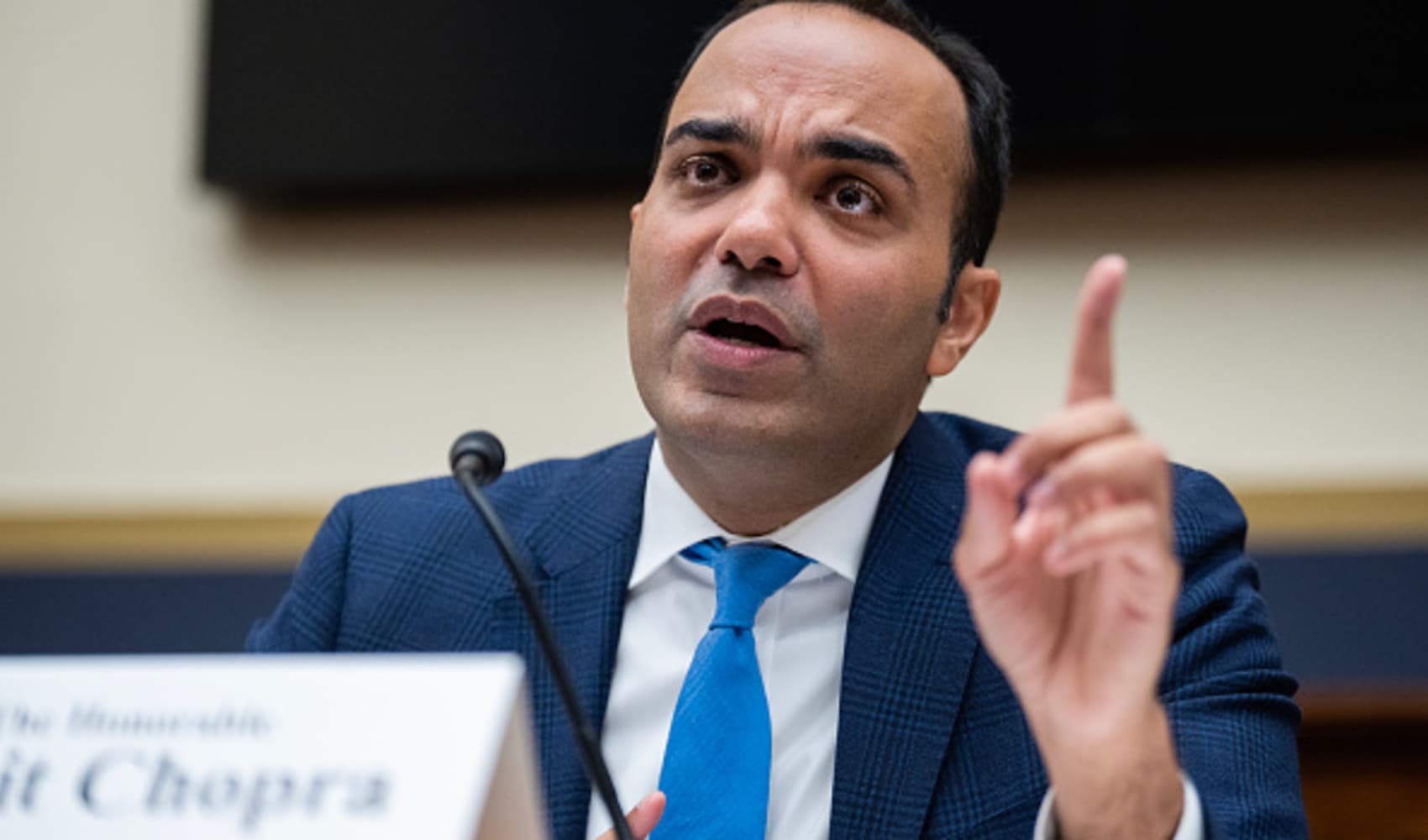
This report is from today's CNBC Daily Open, our new, international markets newsletter. CNBC Daily Open brings investors up to speed on everything they need to know, no matter where they are. Like what you see? You can subscribe here.
Inflation is still too hot. Markets are feeling the heat.
What you need to know today
- U.S. stocks tumbled on Friday after we got a hot inflation reading; all major U.S. indexes fell at least 1%. Asia-Pacific markets traded lower on Monday. South Korea's Kospi fell 1.14% as the U.S. reportedly considers restrictions on chips made in China by South Korean companies.
Get top local stories in Southern California delivered to you every morning. >Sign up for NBC LA's News Headlines newsletter.
- The personal consumption expenditures price index, the Federal Reserve's preferred inflation measure, rose 0.6% in January; it increased 0.2% in December. Wall Street was expecting 0.5%.
- Warren Buffett's Berkshire Hathaway posted a 7.9% drop in operating profits in the fourth quarter. The company spent $2.855 billion on share buybacks during the same period — and Buffett called critics of the practice "economically illiterate."
- Bao Fan, founder and CEO of China Renaissance, is cooperating with a government investigation, the investment bank said. The company's shares jumped 3.38%, but are still below levels before Bao's disappearance was reported.
- PRO The S&P has gained 9% since September. But Seema Shah, chief global strategist at Principal Global Investors, thinks that "the market has gone too far," which might cause stock prices to pull back.
The bottom line
Money Report
Inflation's hot, it's rising again, and it's spooking investors.
The headline PCE index rose at three times December's pace. The Fed prefers the PCE as it measures behavior in consumers, rather than just prices. Egg prices, for example, may have risen 8.5% in January, but if no one is buying them because they were so ridiculously expensive, then they're just sitting on grocery store shelves and not really contributing to inflation. However, the increase in PCE indicates that consumers were still buying eggs — and more. Even after taking out food and energy prices, core PCE in January remains at 0.6%, meaning that more money — 1.8% more than in December, to be precise — was spent on goods and services.
All that feverish inflation makes it almost certain that the Fed will continue hiking interest rates —possibly beyond its target of 5.25%, as the Fed's Mester told CNBC's Steve Liesman — and for longer. As you might expect, markets reacted badly to the news. The two-year Treasury yield climbed to a 16-year high of 4.814%. Both the Dow Jones Industrial Average and the S&P 500 dropped 1%, while the Nasdaq Composite sank 1.7%. It was the worst week for the major averages this year. The S&P closed 2.7% down, the Dow lost 3.0% and the Nasdaq 3.3%.
Some of those losses may not be entirely bad. Liz Ann Sonders, chief investment strategist at Charles Schwab, thinks that they're the markets skimming off speculative froth. But Jeffrey Roach, chief economist at LPL Financial, pointed out that underlying conditions are still turbulent. "Markets will likely stay choppy during these months where higher rates have yet to materially cool consumer spending," wrote Roach. In other words, the economy and the markets can't for the time being remain strong at the same time — something's got to give.
Subscribe here to get this report sent directly to your inbox each morning before markets open.






